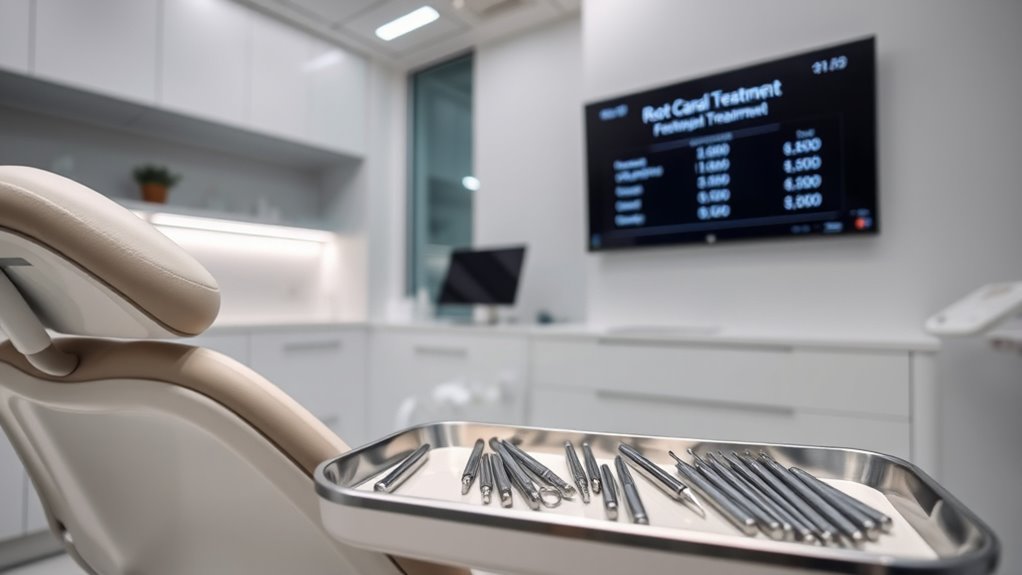
When you’re considering purchasing a firearm in New Jersey, understanding the NICS and FFL transfer process is crucial. You’ll encounter various costs and requirements, including background checks and necessary forms. Knowing what to expect can make the transaction smoother. But there are nuances in costs and compliance that could surprise you. Let’s explore these details and guarantee you’re well-prepared for your firearm purchase.
Key Takeaways
- NICS background checks are essential for ensuring individuals are eligible to purchase firearms in New Jersey.
- FFL transfer fees in New Jersey typically range from $25 to $50, plus potential background check fees of $10 to $20.
- Bullet Hole is a licensed dealer in New Jersey; confirming their credentials ensures compliance with local laws.
- Prepare necessary documentation like your Firearms Purchaser Identification Card (FPID) to facilitate a smooth FFL transfer process.
- Research customer reviews and dealer reputation to select a reliable FFL for your firearm purchase.
Understanding NICS: What You Need to Know
When you’re considering purchasing a firearm in New Jersey, understanding the National Instant Criminal Background Check System (NICS) is vital. The NICS system helps guarantee that individuals prohibited from owning firearms don’t purchase them. Before you buy, a background check will be conducted to confirm your eligibility. This process typically takes just a few minutes, but it’s important for your safety and the safety of others. If the check returns a delay or denial, it can impact your purchase. Familiarizing yourself with the NICS system can streamline your buying experience and help you understand the reasons behind any potential issues. Always be prepared to provide necessary identification and information to facilitate the background check.
The FFL Transfer Process Explained
Understanding how NICS works is just one part of the firearm purchasing process in New Jersey. When you decide to buy a firearm from a dealer, you’ll need to undergo an FFL transfer. This involves filling out a background check form and providing necessary identification. The dealer will then contact NICS to guarantee you meet legal responsibilities. Remember, this step is vital for firearm safety; it helps prevent firearms from ending up in the wrong hands. Once your background check clears, you can proceed with the purchase. If you’re buying from a private seller, they may also need to facilitate the transfer through an FFL dealer to comply with state laws. Always prioritize safety and legality in your firearm transactions.
Costs Associated With FFL Transfers in New Jersey
While maneuvering the costs associated with FFL transfers in New Jersey, it’s important to recognize that fees can vary considerably based on the dealer and the specific services offered. Typically, you can expect to pay the following transfer fees:
- Basic Transfer Fee: Most dealers charge between $25 to $50 for the standard transfer service.
- Background Check Fee: This can add an extra $10 to $20, depending on the dealer’s policies.
- Additional Services: If you need help with paperwork or other services, expect additional charges that vary widely.
Understanding these potential costs will help you budget for your firearm transfer in New Jersey. Always ask your chosen dealer for a detailed breakdown of their fees to avoid surprises.
How NICS Background Checks Work
When you’re looking to purchase a firearm, understanding how NICS background checks work is essential. The National Instant Criminal Background Check System (NICS) plays a key role in ensuring you’re eligible to own a gun. Let’s explore the process, timeframes, and any associated fees.
NICS Overview and Purpose
NICS, or the National Instant Criminal Background Check System, plays an essential role in ensuring public safety by verifying the eligibility of individuals seeking to purchase firearms. Understanding the NICS purpose and its history helps you appreciate its importance. Here are three key aspects:
- Eligibility Verification: NICS checks for criminal history, mental health status, and other factors that may disqualify a buyer.
- Instant Results: The system provides quick responses, usually within minutes, allowing for efficient transactions.
- Established in 1998: NICS was created under the Brady Handgun Violence Prevention Act, aiming to reduce gun violence by preventing unlawful purchases.
Background Check Process
To guarantee a smooth firearm purchase, understanding how the background check process works is essential. When you fill out Form 4473 at your dealer, the NICS requirements come into play. Your information is submitted to the National Instant Criminal Background Check System, which checks for any disqualifying factors, such as felony convictions or mental health issues. This process typically takes just a few minutes, highlighting the background check’s importance in ensuring responsible gun ownership. If everything checks out, you’re good to go; if not, you may face delays or denials. Being prepared and knowing what to expect helps streamline your purchase, so you can focus on making informed decisions when buying a firearm.
Timeframes and Fees
Understanding the timeframes and fees associated with NICS background checks can further enhance your firearm purchasing experience. Here’s what you need to know:
- NICS Timeframes: Typically, the NICS background check takes about 30 minutes, but it can take longer if there are complications or if additional research is needed.
- FFL Fees: Expect to pay FFL fees that can range from $20 to $50, depending on the dealer.
- Waiting Period: Some states may impose a waiting period after the NICS check is completed before you can take possession of your firearm.
Being aware of these factors will help you navigate the process more smoothly and guarantee you’re prepared for any associated costs.
Factors Affecting Transfer Fees
While various elements come into play, several key factors influence the transfer fees associated with NICS and FFL transactions in New Jersey. First, transfer fee structures can vary considerably among different dealers. Some may charge flat fees, while others might base their costs on the firearm’s value or type. Additionally, regional cost variations can also impact what you pay. Urban areas might have higher fees due to increased demand and operational costs, while rural locations may offer more competitive pricing. It’s crucial to research local dealers and understand their pricing models before initiating a transfer. By staying informed about these factors, you can better anticipate the costs involved in your firearm purchase.
Tips for a Smooth Firearm Purchase Experience
To guarantee a smooth firearm purchase experience, it’s essential to understand the NICS process thoroughly. Make certain you’ve prepared all required documentation ahead of time and choose a reputable dealer you can trust. These steps will help streamline your transaction and reduce any potential headaches.
Understand NICS Process
Steering through the NICS process can seem intimidating, but knowing what to expect can make your firearm purchase smoother. Here are three essential tips to help you navigate:
- Stay Updated: Keep an eye on NICS updates, as they can affect processing times and requirements.
- Know Denial Reasons: Familiarize yourself with common denial reasons, such as felony convictions, mental health issues, or restraining orders. Understanding these can help you avoid surprises.
- Be Patient: Sometimes, delays occur in processing. Having patience and being ready for potential follow-ups can ease your experience.
Prepare Required Documentation
Maneuvering the NICS process is just the beginning; preparing the right documentation is key to a smooth firearm purchase experience. Start by creating a documentation checklist to guarantee you have everything you need. You’ll typically require forms such as a valid government-issued ID, proof of residency, and any necessary permits depending on your local laws. Make certain you’ve also completed the ATF Form 4473, which is essential for the background check. Double-check that your information is accurate to avoid potential delays. Having all required forms ready will not only streamline your purchase but also help you feel more confident during the process. A little preparation goes a long way in making your firearm purchase hassle-free!
Choose Reputable Dealer
Choosing a reputable dealer is vital for a smooth firearm purchase experience. A dealer’s reputation can greatly impact your overall satisfaction, so it’s important to do your homework. Here are three tips to keep in mind:
- Research Reviews: Look for customer feedback online. Positive reviews often indicate reliability and quality assurance.
- Check Credentials: Verify the dealer is licensed and compliant with local laws. This shows their commitment to safety and responsibility.
- Ask Questions: Don’t hesitate to engage with the dealer. Their willingness to answer your questions can reflect their expertise and customer service.
Staying Compliant With New Jersey Gun Laws
While maneuvering through New Jersey’s complex gun laws may seem intimidating, staying compliant is vital for every firearm owner. Understanding your gun ownership responsibilities is important. First, make sure you possess a valid Firearms Purchaser Identification Card (FPID) before buying any firearm. Familiarize yourself with the state’s regulations on magazine capacity and firearm types. Always secure your firearms properly to prevent unauthorized access.
Additionally, keep track of any changes in legislation, as New Jersey laws can shift frequently. If you’re transferring a firearm, use a licensed Federal Firearms Licensee (FFL) to guarantee proper compliance, and don’t forget to complete the necessary NICS background check. By prioritizing these legal compliance essentials, you’ll protect yourself and contribute to a safer community.




